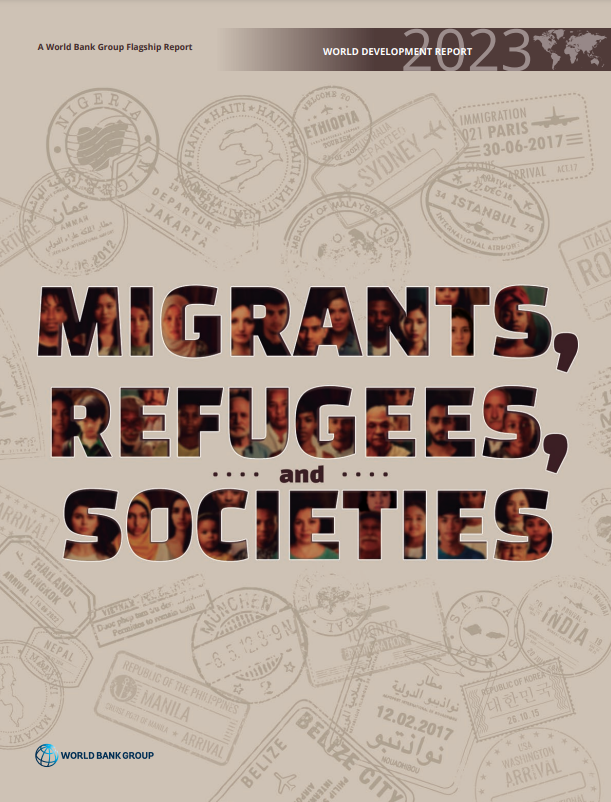The World Bank’s annual World Development Report tackles a pressing global issue: migration. With 184 million people now living outside their home countries, particularly in low- and middle-income nations, effective management strategies are crucial. This urgency stems from growing economic disparities, demographic shifts, and climate change, all pushing people to migrate. The report acknowledges the economic benefits of migration for both origin and destination countries. However, challenges and risks also exist, including data collection on refugees and other marginalised populations. These challenges include sudden displacements, difficult access to areas, and security concerns.
In this regard, the report recognises that global efforts to improve the availability and quality of data on refugees and displaced populations have led to some improvements over the last decade, mentioning EGRISS and the International Recommendations on Refugee Statistics and on Internally Displaced Persons “that countries should implement to strengthen data collection efforts at national levels”.

